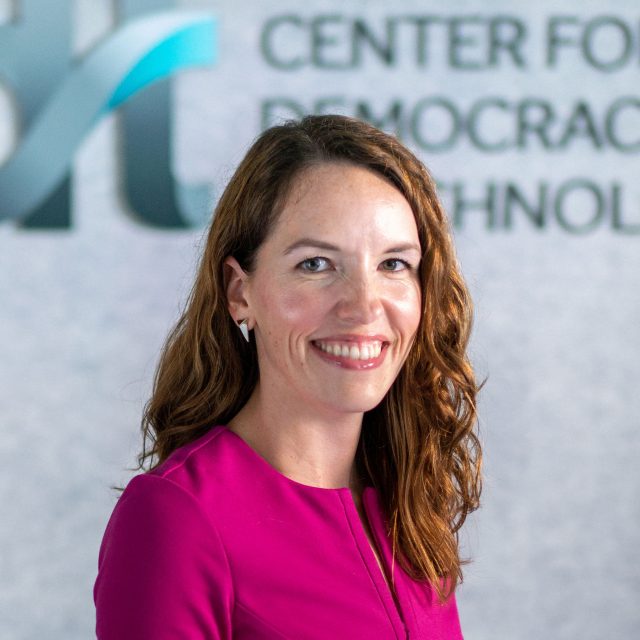


We find it hard to see them as real people, individuals, trying to survive in the face of terrible odds. We see the victims on our TV screens, and somehow we glaze over. We can easily become complacent about the horrors of war, but it's ever present in the world, and millions of people are killed and made refugees every year. By always looking at wars that happened a long time ago, it's easy to get the impression that they're something to do with history, distant in time, apart from us. We're even all too prone to crow over our old enemies.

I was disturbed by the fact that, although the Second World War ended fifty years ago, so many books are still dwelling on it, and people don't seem to be able to move on. In Kiss the Dust, I set out to write a war story. Did you, in this and in your other 'issue' books, set out to write about a set dilemma and then create a story round it, or does the dilemma arise out of the narrative? 1 Julia Eccleshare, in Books for Keeps (May 1997), wrote: "One of the strengths of Kiss the Dust lies in the insight it gives young British readers into the former lives of those who become refugees here." Many of your books are based on moral, cultural and political issues-a theme well-represented in the Literacy Hour (one of its more welcome features).


 0 kommentar(er)
0 kommentar(er)
